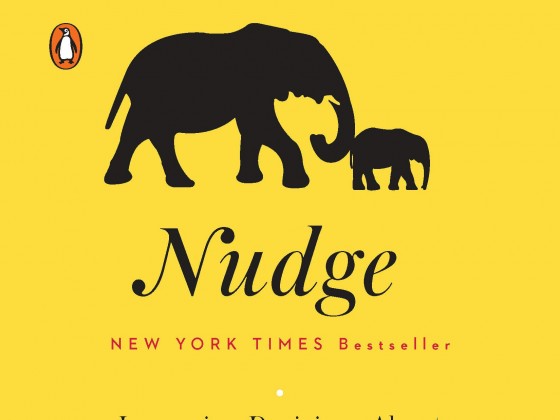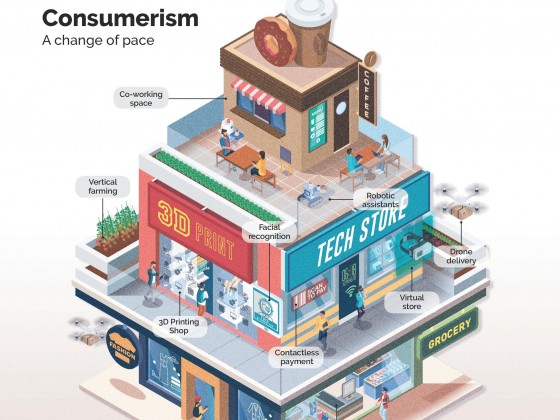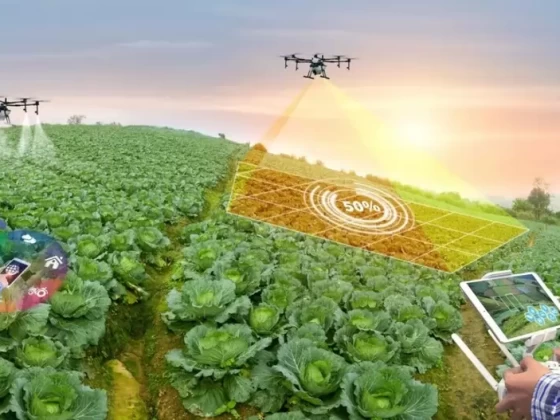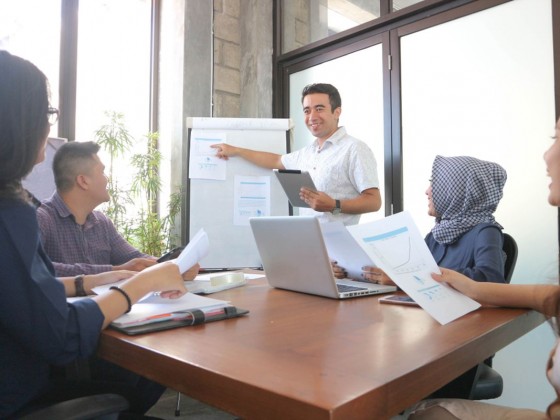by | Rushdi Abdul Rahim, rushdi@might.org.my
Think about it, technology advancement has affected each and every one of us most notably as consumers. In the last five years, our behaviours as consumers have shifted dramatically. We are more demanding, expecting faster, greater convenience, better, safer, and higher personalisation from our products and services. Furthermore, the rising level of affluence has created demand for products and services unthinkable back then. In fact, one of the primary challenges of the future will be over-consumption.
As we envision the Future of Consumerism 2030 in Malaysia, we see a plausible future where consumers are greatly empowered, armed with knowledge and choices to exercise their rights in a safe environment. This will be made possible with the existence of a vibrant trade and retail ecosystem. Business environments are self-regulated, driven by greater awareness of ethical business practice as well as pressure from consumers resulting in minimal government intervention. Responsible production and consumption will be the norm. Meanwhile, new business models introduced are redefining the relationship between consumers and providers. Cyber entrepreneurs are mushrooming, adding to the vibrancy of the local business environment. Intellectual property will be protected and grow in values. “Made by Malaysia” is equated with value and quality. The third sector—NGOs and consumer rights advocates— work hand in hand with governments whose role now are more about ensuring a fair and safe ecosystem for consumers as well as traders and retailers.
Far-fetched? Not according to some. There is a group of individuals who thinks that these are the future to strive for.
It is interesting to note that based on the Consumer Confidence Index (CCI) 2019, Malaysia is placed 6th globally, where consumer perceptions of current business and employment conditions, and their expectations for business, employment, and income are relatively high compared to other countries. Rosy futures ahead for consumers then.
Anyway, for this edition, myForesight® discusses the futures of consumerism and its impact to selected industries. We were able to solicit the view of Datuk Muez Abdul Aziz, the Secretary General of the Ministry of Domestic Trade and Consumer Affairs on how the ministry is responding to the forces of the fourth industrial revolution. Whereas our associate futurist, Dr. Liz Alexander shared her insights on conscious consumerism and how we need to look backwards sometimes for inspiration, as we try to advance toward a more sustainable mindful consumption future.
As in previous edition, we have a number of viewpoints’ articles. One is on the freelance economy and its impact toward employment and the business landscape driven by the growth of internet. Another is on the impact of technology to the consumer experience and the disruptive technologies shaping the future of consumerism. There are also further insights on how millennial spending styles are nowadays, impact of consumerism toward innovation in the food and health ecosystems, and also the economics of the halal industry. Last but not least, we explore consumerism in the age of sustainability, green practice mindset, and we have an experience sharing article from a recycling hero in his effort to promote environmentally friendly e-waste. Though not exhaustive, I do think it provides a broad range of perspective on consumerism.
As usual, I sincerely hope the magazine provides you with some food for thought as you draw up your future plan. Do tell us what you think. Comments are encouraged and welcomed.












